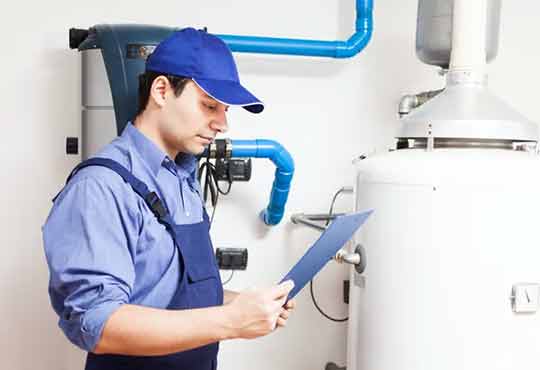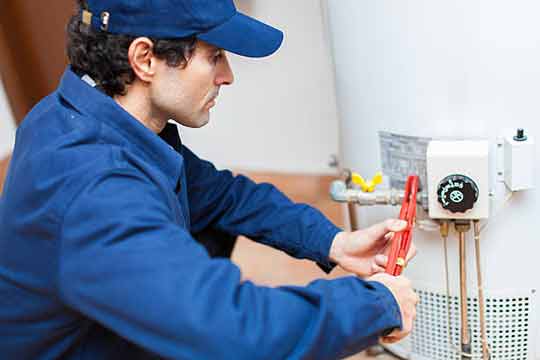
A hot water heater is an essential appliance in any household, providing hot water for everything from showers and laundry to cooking and even cleaning. However, if a water heater is not properly maintained, it can become a costly and potentially dangerous problem.
The good news is that with a little bit of effort and some basic maintenance, you can extend the lifespan of your hot water heater while also ensuring that it operates efficiently and safely. In this article, we’ll provide you with a comprehensive guide on water heater maintenance, including tips and tricks from Suburban Plumbing Experts.
Why is Water Heater Maintenance Important?
There are several reasons why regular water heater maintenance is important:
1. Safety: A poorly maintained water heater can pose a serious safety risk, from gas leaks to fire hazards. A little bit of preventative maintenance can go a long way in ensuring that your hot water heater operates safely.
2. Energy Efficiency: A well-maintained water heater operates more efficiently, which leads to lower energy bills and less wear and tear on the unit itself.
3. Lifespan: Regular maintenance can also increase the lifespan of your hot water heater, delaying the need for expensive repairs or replacement.
How Often Should You Maintain Your Water Heater?
The frequency of your water heater maintenance will depend on a few factors, including the age of the unit, the type of water you have, and the manufacturer’s recommendations. However, as a general rule of thumb, here are a few maintenance tasks that you should perform on a regular basis:
1. Check the pressure and temperature relief valve every six months.
2. Flush the water heater tank annually.
3. Inspect the anode rod every three years.

Water Heater Maintenance Checklist
Here is a comprehensive water heater maintenance checklist that you can follow to ensure that your hot water heater remains safe, efficient, and long-lasting:
1. Check the Pressure and Temperature Relief Valve: The pressure and temperature relief valve is a critical safety feature that helps prevent your water heater from exploding due to excess pressure. To check the valve, simply lift the test lever and let it snap back into place. You should hear a gurgling sound indicating that water is flowing through the valve. If you don’t hear anything or if water continues to flow, then the valve may need to be replaced.
2. Flush the Water Heater Tank: Over time, sediment and minerals can build up inside your water heater tank, reducing its efficiency and shortening its lifespan. To flush the tank, turn off the power or gas supply to the unit, connect a hose to the drain valve, and let the water drain out until it runs clear. Then, close the drain valve and turn the power or gas back on.
3. Inspect the Anode Rod: The anode rod is a sacrificial metal rod located inside your water heater tank that helps prevent corrosion. Over time, the rod will corrode and need to be replaced. To inspect the rod, turn off the power or gas supply to the unit, remove the anode rod from the tank, and inspect it for signs of pitting or significant corrosion. If the rod looks worn out, then it’s time to replace it.
4. Check the Thermostat: The thermostat controls the temperature of your water heater, so it’s important to make sure that it’s operating properly. To check the thermostat, turn the temperature dial all the way up and wait for the water to heat up. Then, check the temperature of the water at the tap. It should be around 120°F. If the water is too hot or too cold, then the thermostat may need to be adjusted or replaced.
5. Inspect the Flue Vent: If you have a gas-powered water heater, then it’s important to inspect the flue vent to make sure that it’s working properly. The flue vent helps remove toxic gases from your home, so any leaks or blockages could be dangerous. To inspect the vent, turn on the hot water and hold a lit match near the vent. If the flame is drawn into the vent, then it’s working properly. If not, then the vent may need to be cleaned or repaired.
Conclusion
Regular water heater maintenance is critical to ensure that your hot water heater operates safely, efficiently, and for as long as possible. By following the above tips and tricks from Suburban Plumbing Experts, you can extend the lifespan of your tank while also reducing the risk of costly repairs or water heater replacement.
